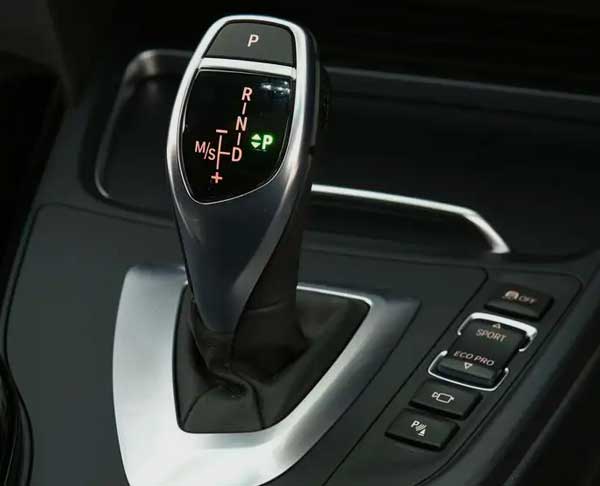Manual vs automatic gearboxes the benefits of both
When it comes to the world of automobiles, one of the most crucial components that dictate how a car performs is its gearbox. The choice between a manual and an automatic gearbox can significantly impact your driving experience and the overall maintenance of your vehicle. In this article, we’ll delve into the fundamental differences between manual and automatic gearboxes, providing you with valuable insights to make an informed decision. Written by RDG a specialist Manual and automatic gearbox repair centre.
Manual Gearboxes:
Manual gearboxes offer a distinct driving experience, emphasizing the connection between driver and machine. In this section, we’ll explore their charm, technical intricacies, and the skill required to use them effectively. Join us in appreciating the artistry of manual transmissions, a testament to the bond between driver and car.

Control and Engagement:
In manual cars, the driver has complete control over gear changes.
Gears are shifted manually by moving the gear stick.
Clutch engagement is necessary for gear changes, requiring coordination between the accelerator, brake, and clutch pedal.
Technical Simplicity:Manual gearboxes are mechanically simpler than their automatic counterparts.
They have fewer components, which can lead to fewer maintenance issues.
Reduced complexity often means lower repair costs.
Reliability:Manual transmissions are renowned for their durability and reliability.
They can handle high-stress situations, making them a preferred choice for performance-oriented vehicles.
Driving Experience:Enthusiasts often prefer manual gearboxes for the greater sense of control and engagement they offer.
Shifting gears manually allows for a more connected driving experience.
Automatic Gearboxes:
Automatic gearboxes provide a driving experience that emphasizes convenience and ease. In this section, we’ll uncover their seamless operation, technical complexity, and the comfort they bring to drivers. Let’s explore the world of automatic transmissions and appreciate their role in enhancing the driving experience.

Ease of Use:
Automatic transmissions require minimal driver input.
Gears are shifted automatically based on the vehicle’s speed and load.
This convenience is particularly appreciated in heavy traffic and city driving.
Smooth Power Delivery:
Automatic gearboxes provide seamless power delivery, resulting in smoother acceleration.
Gear shifts are almost imperceptible, enhancing passenger comfort.
Maintenance and Costs:Automatic transmissions are more complex and contain intricate components.
Maintenance and repair costs can be higher due to the complexity of the system.
Fuel Efficiency:
Modern automatic transmissions have made significant strides in improving fuel efficiency.
Some automatics now outperform manuals in terms of miles per gallon.
Choosing the Right Gearbox:
Deciding between a manual and an automatic gearbox ultimately comes down to your driving preferences, needs, and circumstances. Here are some factors to consider:
- Driving Style: If you enjoy a more engaged driving experience and have a penchant for control, a manual gearbox may be your choice. Automatics are ideal for those who prefer ease and convenience.
- Traffic Conditions: Automatics shine in stop-and-go traffic, making urban commuting more manageable. Manuals may be less convenient in such situations.
- Maintenance Budget: Consider your budget for maintenance and repairs. While manuals are generally more affordable to maintain, modern automatics offer reliability with increased complexity.
- Vehicle Purpose: The type of vehicle you drive can influence your choice. Sports cars often come with manual gearboxes for the driving experience, while luxury vehicles tend to have automatic transmissions for comfort.
So Manual or Automatic gearbox?
In the world of gearboxes, the choice between manual and automatic is not just about shifting gears; it’s about the driving experience, maintenance costs, and personal preference. Whatever your choice, ensuring the proper maintenance and occasional gearbox repair is essential to keep your vehicle running smoothly. RDG, as a specialist in automotive transmission repair, is here to assist you with all your gearbox needs, whether it’s a manual or an automatic. To learn more, visit an RDG branch or contact us at +27 (0)11 823 4383 / 4393. For further information on different gearbox types, check out part 2 of RDG’s informative series here.
In part 2, we will explore various types of gearboxes, providing a deeper understanding of the intricacies within each category. Stay tuned for more insights into the world of automotive transmissions.

